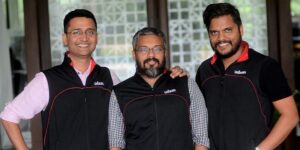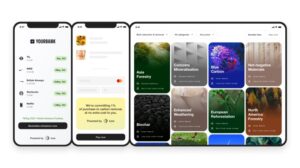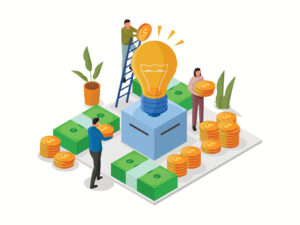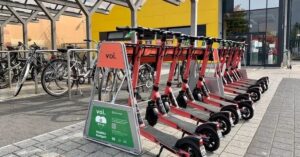Image credits: Melpomene/Deposit Photos
May 12 is observed as the International Day of Plant Health (IDPH) every year.
The idea was initially promoted by Zambia, and was collectively adopted by the United Nations General Assembly in a resolution co-signed by Finland, Bolivia, Pakistan, Tanzania, and the Philippines.
Has the Dutch workforce mastered all digital skills? Find out
The primary objective of this day is to raise global awareness on how protecting plant health can end hunger, reduce poverty, and protect biodiversity and the environment.
According to the Food and Agriculture Organization of the United Nations (FAO), plant pests and diseases contribute to food crop losses of up to 40 per cent, worsening existing issues of growing world hunger and threatening rural livelihoods.
Consequently, it is crucial to protect plants from harmful damages by monitoring and early warning systems.
“The International Day of Plant Health will be an opportunity to highlight the crucial importance of plant health, both in itself and as part of our One Health approach, encompassing human, animal, and ecosystem health,” says FAO Deputy Director-General, Beth Bechdol. “It could not be more vital to make sure that we do everything we can to maximise the food resources our planet can provide.”
Additionally, the UN also declared 2020 as the International Year of Plant Health (IYPH).
“Making the general public more aware of the role of plant health and the ways we need to act urgently to curb the risks of plant pests and diseases, as well as understanding how to restrict the spread of invasive pests will make a significant contribution to global food security,” says Osama El-Lissy, Secretary of the International Plant Protection Convention (IPPC).
Here is a list of six Amsterdam-based startups that are working towards protecting plants for people and the planet.
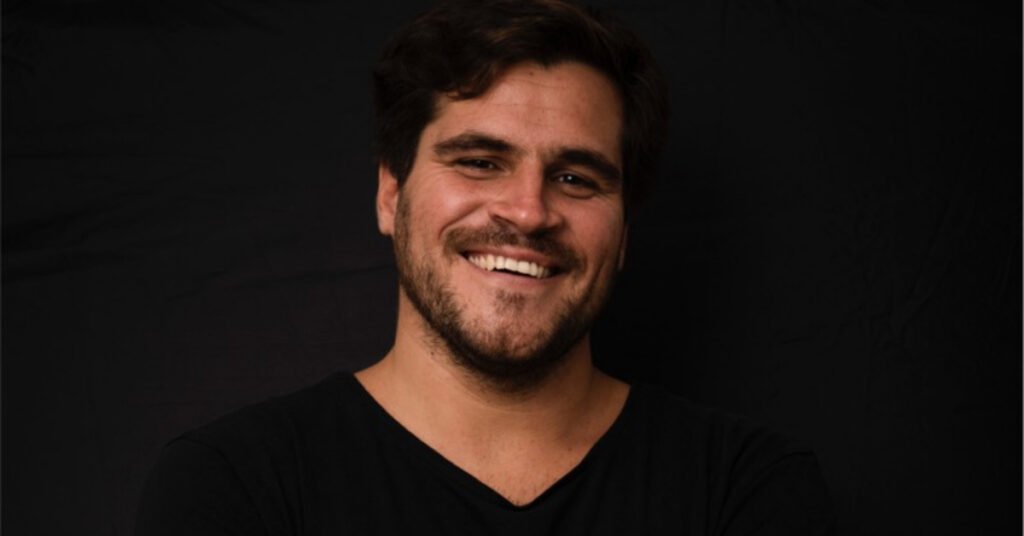
reNature
Founder/s: Felipe Villela, Marco de Boer
reNature helps farmers and corporations change the production method into a sustainable agroforestry system. Through regenerative agriculture, the company aims to tackle climate change and biodiversity loss while providing food and income for farmers.
The platform teaches farmers how to grow different types of crops together that support each other and improve the condition of the soil.
The Amsterdam-based company provides information, guidance, and support to local authorities, cooperatives, and farmers in making sustainable agriculture in the form of agroforestry.
reNature has its HQ in Amsterdam and offices in São Paulo and Rio de Janeiro in Brazil. Currently, the company has projects mostly in the global south – Latin America, Africa, and SE Asia.
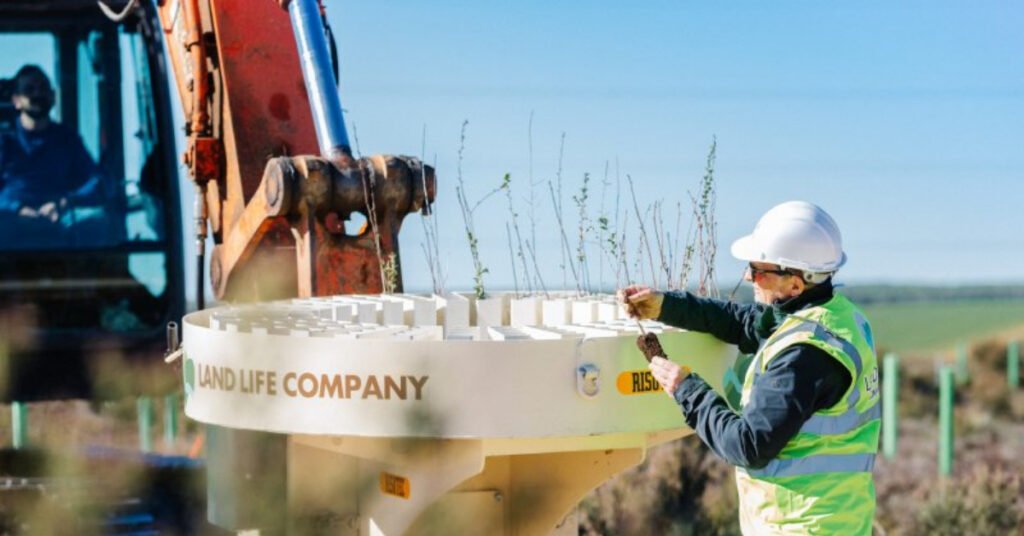
Land Life Company
Founder/s: Jurriaan Ruys, Eduard Zanen
Land Life Company is an Amsterdam-based nature reforestation venture that plants trees at scale, offering corporations and organisations a sustainable way to take climate action, and compensate for carbon emissions through nature restoration.
The company aims to restore 2B hectares of degraded land in the world. The E2E reforestation service applies data and technology, such as drones, artificial intelligence, and monitoring applications, to every step of the planting process.
By planting trees where they are needed the most, the Amsterdam company aims to revitalise ecosystems, improve biodiversity, and create social and economic benefits for local communities.
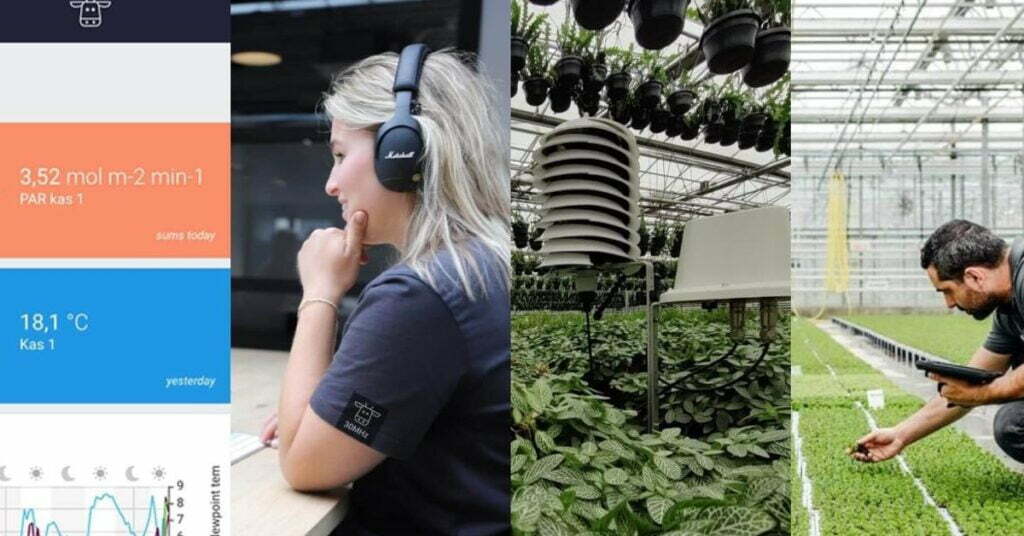
30MHz
Founder/s: Flavia Paganelli, Fleur van Vliet, Jasper Geurtsen, and Jurg van Vliet
The Amsterdam-based 30MHz is a data platform that enables growers, advisors, distributors, and researchers to gain full insight into the climatic conditions of horticultural and agricultural produce.
30MHz provides real-time remote crop monitoring, including historical insight on what crops have been experiencing, and live alerts to respond quickly to current conditions.
From optimising irrigation and ventilation to preventing disease or sunscald, improving pest management, or predicting shelf life, 30MHz helps users continuously improve the production process of crops, plants, seeds, and bulbs.
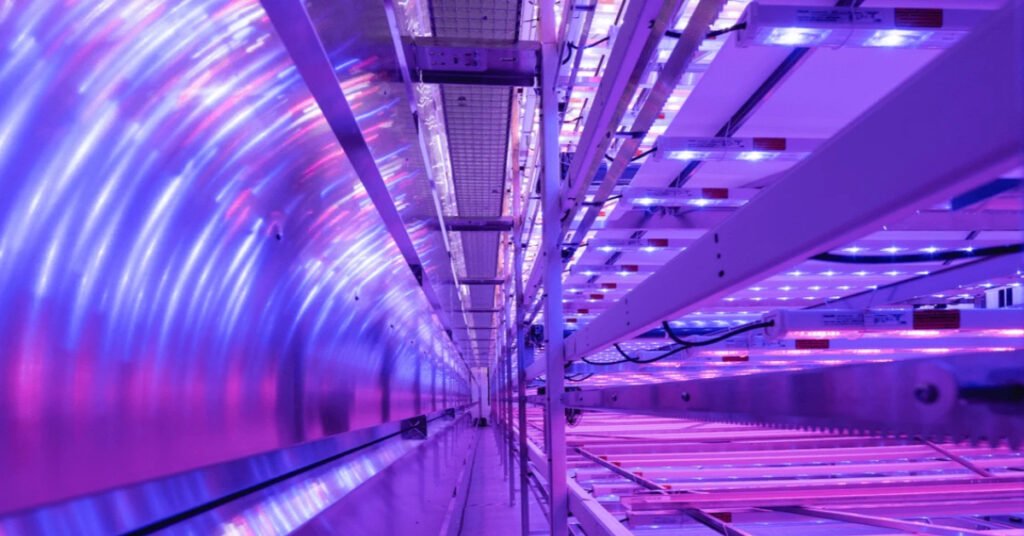
Growy
Founder/s: Ard van de Kreeke
Growy offers vertical farms that are fully automated and run on advanced technology. This allows them to grow the ‘best’ produce there is, anywhere in the world, claims the company.
According to the company, this labour intensive process will have a lot of tweaking.
Growy explains that in a growth cycle of three weeks, there are 100,000 data points and around 1,000 photos for 100 kinds of plants. This data enables them to find out how they can get more vitamins or minerals in a plant by, for instance, adjusting the light it is exposed to.
Currently, the company supplies around 60 or 70 kinds of microgreens, herbs, and leafy greens to high-end restaurants.
Together with their partner, digital innovation studio INFO, they’ve developed the Plant Manager, a software package that operates as a Farming as a Service solution for other similar farms.
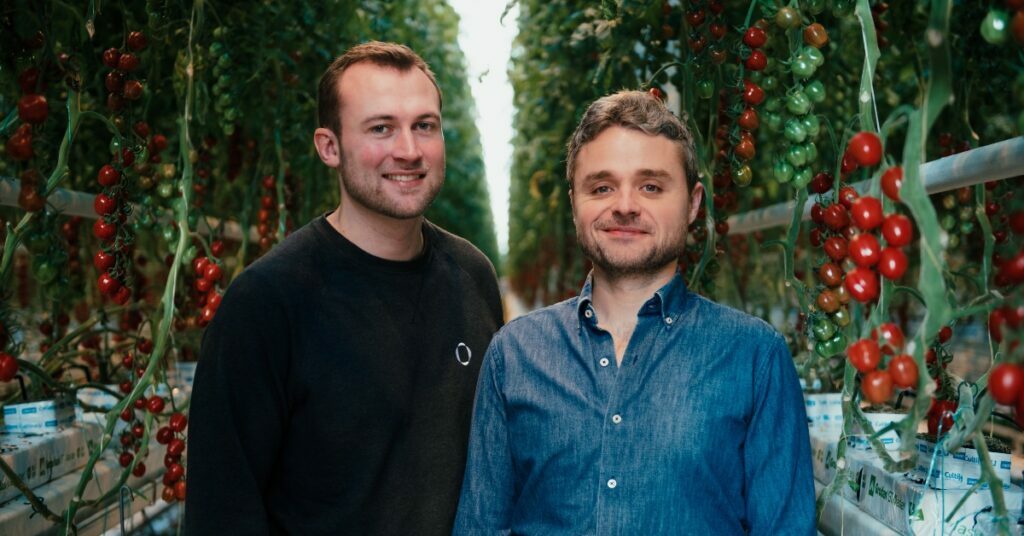
Source.ag
Founder/s: Rien Kamman and Ernst van Bruggen
The Amsterdam-based agtech company Source.ag is democratising access to sufficient fruit and vegetables through AI-powered indoor farms.
The Dutch company is on a mission to provide nutritious food to more people, using fewer resources.
The company’s proprietary algorithms, powered by machine learning can simulate crop development in any environment based on millions of data points on climate, biology, and resources.
Source.ag claims that it produces up to 15 times higher yields and uses up to 20 times less water while reducing pollution and use of land.
By enabling more growers to operate more facilities more efficiently through its tech, Source.ag aims to make greenhouse agriculture accessible, profitable, and globally scalable.
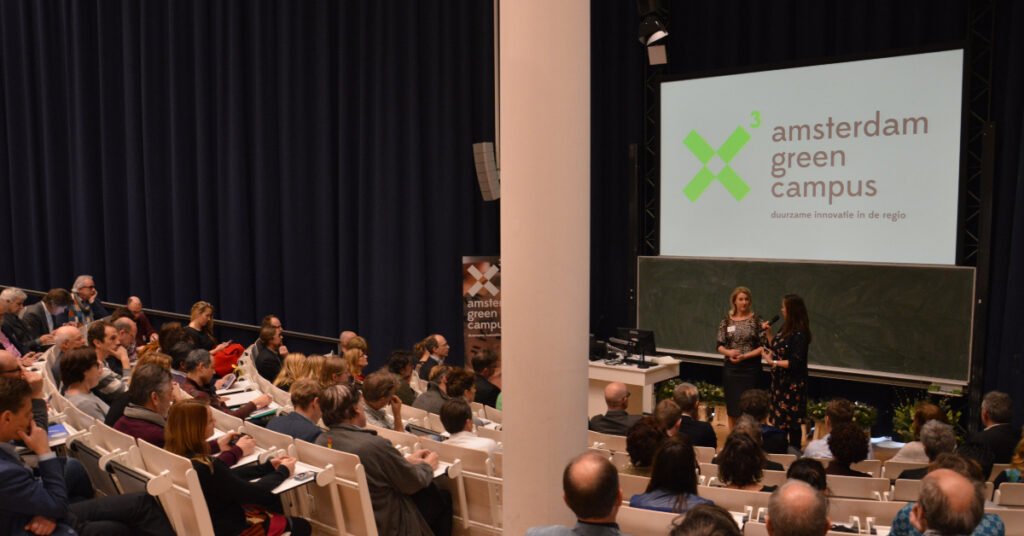
Amsterdam Green Campus
Amsterdam Green Campus, a non-profit foundation, is a collaboration between the University of Amsterdam’s (UvA) faculty of science, Aeres school of applied sciences, Inholland, Wellantcollege, and Clusius College.
It conducts project research in the field of sustainability and the circular economy in the North West of the Netherlands.
The foundation works with knowledge institutions, governments (provinces, municipalities), and entrepreneurs to boost the economic growth of the green sector.
Most of the projects fall under five themes – Green Chemistry, Green Environment, Green Genetics, Green Food, and Water.
Catch our interview with Paul Down, Head of Sales at Intigriti.


